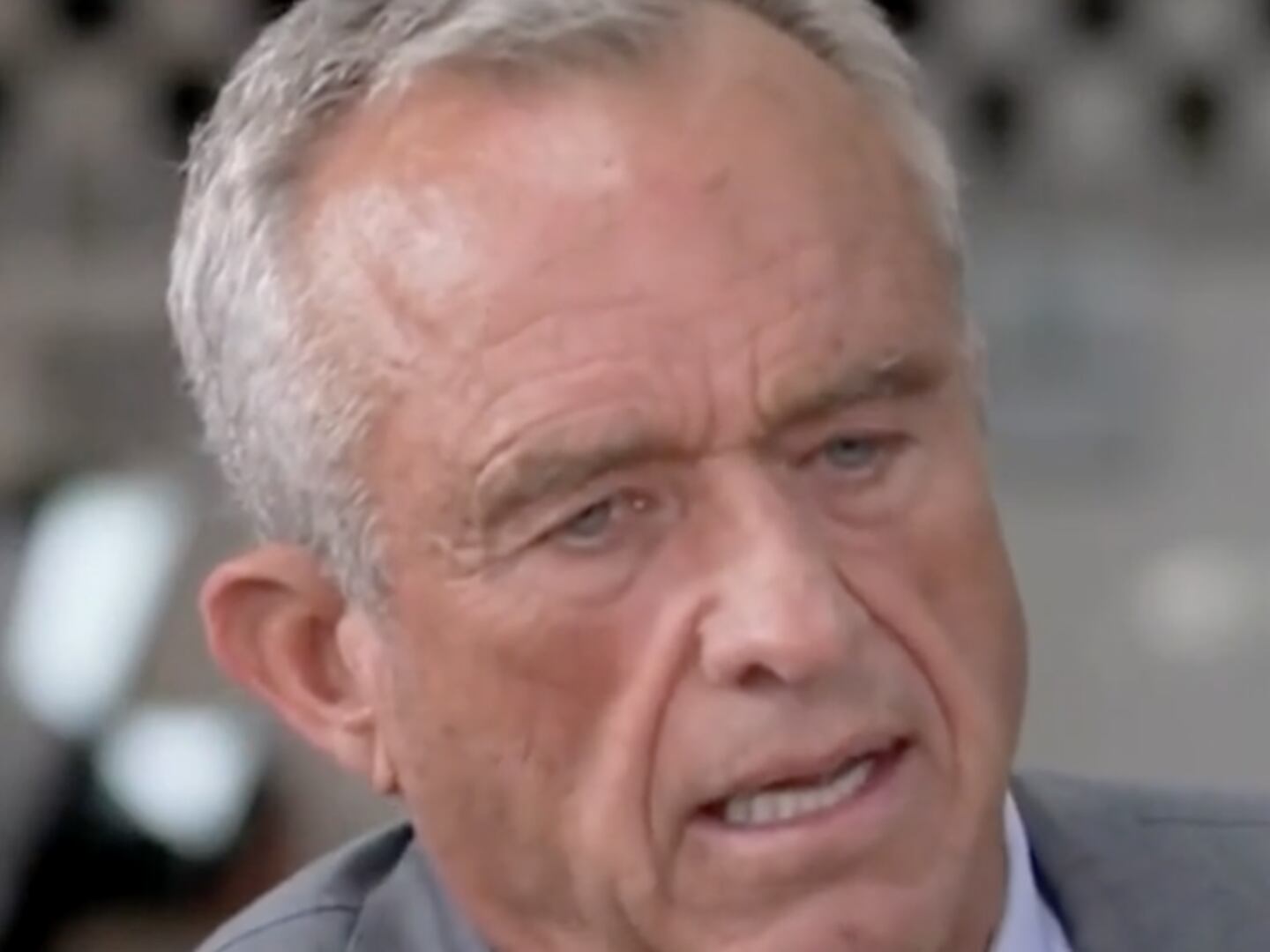Politics
Photo Illustration by Lyne Lucien/The Daily Beast
Congress Braces for Russia Sanctions Face-Off With White House as New Deadline Looms
What Sanctions?
Lawmakers are furious that the White House has put enforcing sanctions against Russia on the backburner.

Trending Now




